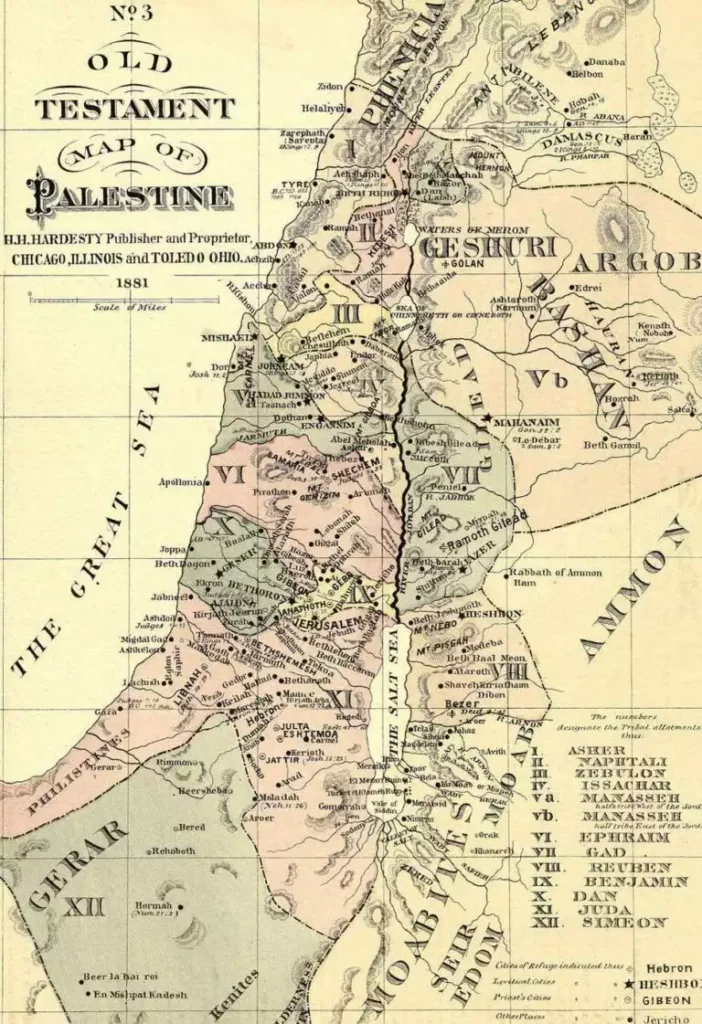The Second Book of Chronicles

Translation in British English (The Second Book of the Chronicles) 1:1 Solomon, David’s son, found his reign fortified, the LORD his God by his side, elevating him to great heights. 1:2 Solomon addressed all Israel: the commanders of thousands and of hundreds, the judges, and every leader in all Israel, the patriarchs. 1:3 Together with […]
Zacchur | זַכּוּר | Name
Etymology and Semantic Analysis The name “Zacchur” originates from the Hebrew word “זַכּוּר” (Zakkur), which is derived from the root “זָכַר” (zakar), meaning “to remember” or “to mention.” This name is indicative of remembrance, possibly implying “God has remembered.” In the context of the Biblical narrative, names often carry significant meanings that reflect the circumstances […]
Drive | נָדַד (nadad) | Verb
Etymology and Semantic Analysis The English word ‘drive’ is multifaceted, evoking images of steering, propelling, or pushing forward. Its Old English roots lie in ‘drīfan’, implying a forceful or directed movement. In the Biblical context, ‘drive’ primarily translates from the Hebrew verb נָדַד (nadad), meaning to flee, retreat, or wander aimlessly. Notably, the semantic range […]
Biblical Desert | ἔρημος (Greek), מדבר (Hebrew)
Etymology and Semantic Analysis The term ‘desert’ in the Bible is translated from the Greek word ‘ἔρημος’ (erēmos) and the Hebrew word ‘מדבר’ (midbar). In Greek, ‘ἔρημος’ primarily conveys the notion of a solitary, uninhabited, or desolate place. In Hebrew, ‘מדבר’ also suggests a wilderness or an uninhabited land. These words are often found in […]
